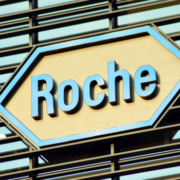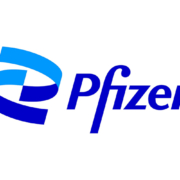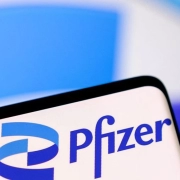FDA green lights Astellas’ trial for Pompe disease therapeutic
FDA green lights Astellas’ trial for Pompe disease therapeutic
Published: Jan 20, 2023
By Hayley Shasteen
BioSpace
The FDA had lifted its clinical hold on Astellas’ experimental gene therapy trial for late-onset Pompe disease, the company announced Thursday.
The therapy, named AT845, was placed on clinical hold in June 2022 after a study participant experienced a severe adverse event.
Astellas reported that a patient treated with AT845 presented with peripheral sensory neuropathy, which was considered mild in severity but medically significant.
At the time of the event, FDA officials said that it did not have enough information to assess the risk of the drug to trial participants.
Now, Astellas is working to resume clinical trial activities. The primary endpoints of the trial “FORTIS” are to assess the therapy’s safety, tolerability and efficacy.
Pompe disease is a rare, inherited and often fatal disorder that disables the heart and skeletal muscles. It is caused by mutations in a gene that makes an enzyme called acid alpha-glucosidase (GAA).
AT845 is a novel gene replacement therapy that uses an AAV8 vector to deliver a functional copy of the GAA gene. In adults with late-onset Pompe disease, mutations in the GAA gene cause an accumulation of glycogen in tissues and concordant damage in the skeletal and cardiac muscles.
AT845 stands to be an improvement in therapies offered to patients with the disease. The only approved treatment is enzyme replacement therapy, which is chronic and requires bi-weekly infusions.
Astellas representatives said the clinical hold lift would not impact its financial forecasts for the current fiscal year.
Gene Therapy Troubles Abound
Astellas has reported several issues with clinical trials investigating gene therapies within the last two years.
Astellas developed a gene therapy AT132 for the treatment of X-linked Myotubular Myopathy. The FDA placed a clinical hold on trial in September 2021 when Astellas reported that a fourth patient died after therapy treatment.
The company revised the eligible treatment population and any likely future product labels for AT132 in April 2022. Astellas booked an impairment loss of intangible assets as other expenses.
Astellas announced that it terminated three gene therapy programs for Duchenne muscular dystrophy. The decisions were based on preclinical study data.
Astellas has two other named gene therapy programs currently in its pipeline: AT808 for Friedreich’s Ataxia is in the preclinical phase, and AT466 for myotonic dystrophy is presently in the discovery phase.
Source: BioSpace





 Reuters
Reuters



 Reuters Health
Reuters Health